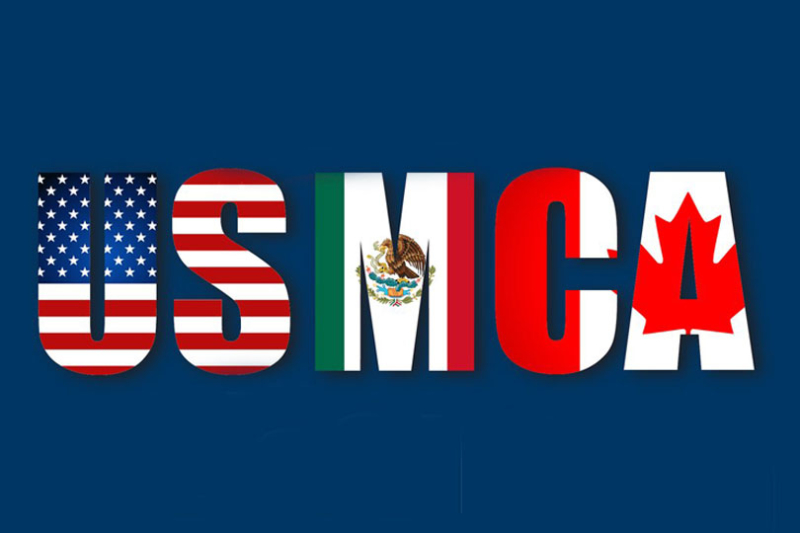By Jennifer Whitlock
Field Editor
U.S. Secretary of Agriculture Tom Vilsack recently said one of his top priorities as secretary will be ensuring Canada and Mexico honor pledges they made in the U.S.-Mexico-Canada Agreement (USMCA).
In December, just five short months after the agreement went into effect, the U.S. filed official notice to Canada exercising its rights to enforce USMCA regarding dairy tariff-rate quotas (TRQs), a major source of contention during negotiations.
U.S. dairy farmers have long alleged Canada has withheld access to its markets.
During negotiations, Canada agreed to increase U.S. access to milk, cheese, skim milk powder, butter, ice cream and whey markets through new TRQs. But in the notice, former U.S. Trade Representative Robert Lighthizer said Canada was setting aside and reserving a percentage of each dairy TRQ exclusively for processors, undermining American dairy farmers.
“I’m talking about assuring any trade agreements we have are enforced consistent with the letter and spirit of the trade agreements, and I’m thinking specifically about USMCA and our friends in Canada,” Vilsack told listeners in a speech during a farm convention on March 1.
Prior to his current appointment as secretary of agriculture, Vilsack served as president and CEO of the U.S. Dairy Export Council (USDEC).
“We knew from day one that enforcement would be key to bringing the intended benefits home to America’s dairy industry,” Vilsack said last December when he was still president of USDEC. “I applaud [the U.S. Trade Representative] for hearing our concerns and relying on our guidance to take this critical enforcement step to ensure that the agreement is executed in both letter and spirit.”
But Vilsack may soon turn his eye toward enforcement of USMCA promises in Mexico, as well.
The failure of the Mexican government to approve glyphosate products is an egregious break in commitments made under USMCA, according to CropLife America President and CEO Christopher Novak.
Instead, Mexico has moved to phase out the use of glyphosate, as well as genetically-modified corn for human consumption, by 2024.
In June, Iowa Sen. Chuck Grassley noted Mexico had recently begun blocking imports of glyphosate.
The nation allegedly also suspended agricultural biotechnology permits, with no new approvals being issued for biotechnology traits in food or feed commodities since 2018.
Vilsack also recently met separately with Canada’s Minister of Agriculture and Agri-Food Marie Claude Bibeau and Mexican Agriculture and Rural Development Secretary Victor Villalobos.
After meeting with Bibeau, Vilsack tweeted, “Thank you for the productive meeting. I look forward to working with you on climate-smart food and forestry practices and delivering science-based solutions to help mitigate and reduce climate change.”
He made no mention of any specific issues they discussed.
An official USDA statement released later said Vilsack “confirmed his interest in fully implementing the USMCA trade agreement, including Canadian commitments on dairy and wheat.”
The meeting with Villalobos also did not mention any biotechnology or herbicide-related concerns, instead seeming to focus on potato imports from the U.S. to Mexico.
“[Vilsack and Villalobos] discussed the close agricultural relationship that benefits farmers and ranchers from both countries,” USDA’s statement said. ”They acknowledged that through cooperation and with appreciation for natural resources, the United States and Mexico can be leaders in higher productivity, enhanced use of science and technology and increased innovation that will allow us to meet the challenges of food security and climate change.”

